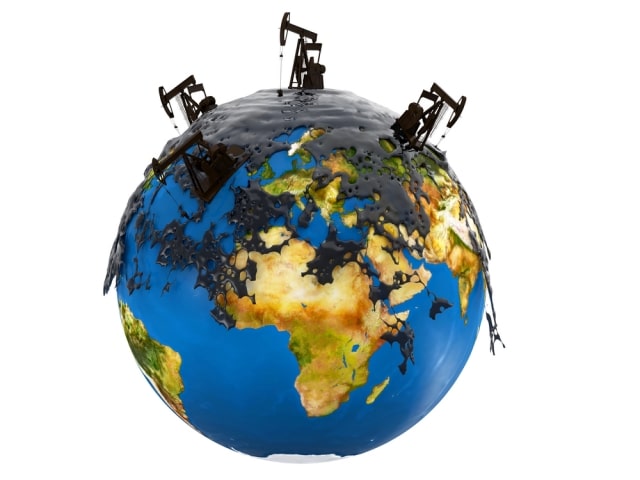From Richmond, CA to Ecuador to Romania, communities impacted by oil giant Chevron’s operations are rising up to demand justice. Chevron’s response in each case has been consistently irresponsible: Deny any wrongdoing, cover up the extent of corporate malfeasance and environmental contamination, and go on the offensive against anyone demanding the company take responsibility for its messes.
But lately, the company has really been on a tear, taking its anti-democratic attacks to bold new heights.
No one knows this better than Steven Donziger, the US lawyer who has worked with the Indigenous and rural communities of the Ecuadorian Amazon who are seeking to hold Chevron accountable for its massive oil pollution in their rainforest home. Chevron is, put simply, out to destroy Donziger for the crime of having a conscience and speaking up.
After Donziger helped 30,000 Ecuadorean plaintiffs sue Chevron in a US court in 1993, lawyers for Texaco (which was bought by Chevron in 2001) successfully argued that the proper jurisdiction was Ecuador. The plaintiffs re-filed their lawsuit in the oil company’s preferred venue in 2003, and secured a $19 billion verdict against Chevron last year.
Chevron then promptly refused to pay, alleged the verdict was the product of fraud, and attempted to have the whole case re-tried by proxy back in the US.
In a move that almost defied logic – and certainly defied all precedent – Chevron’s lawyers filed a RICO suit–that’s RICO as in the anti-racketeering law used by the Justice Department to bring down organized crime syndicates–against Donziger and others working to bring Chevron to justice.
The company has employed all manner of unsavory legal maneuvers to prevent evidence of Chevron’s wrongdoing in the Ecuadorian Amazon from coming out in court. According to a press release on Mr. Donziger’s website:
“The most stunning development occurred the first day when Chevron dropped a key predicate RICO act alleging that Donziger and his colleagues pressed for prosecutors in Ecuador to file “bogus” criminal charges against Ricardo Reis Veiga, a top Chevron lawyer. Just as lawyers were about to confront Reis Veiga with evidence that the charges were based on scientific proof that he designed and supervised a fraudulent remediation, Chevron agreed to drop that issue.”
It’s not just Donziger and his co-defendants who face the brunt of Chevron’s scorched Earth legal strategy. EarthRights International tells the whole sordid tale:
“As part of this effort to avoid paying the judgment, Chevron has mercilessly hunted down any organization or individual who has dared to publicly speak out about the plight of the Ecuadorians affected by the company’s former operations and the tragic damage to the Amazon it left behind. The company has abused the discovery process to go after activists and advocacy organizations like Amazon Watch, lawyers, journalists, and even its own shareholders with subpoenas and harassing depositions that target the exercise of protected First Amendment activity, harass, and chill future speech it doesn’t care for. Chevron and its counsel have been sanctioned, admonished, and questioned for its tactics by a number of U.S. courts, but it hasn’t changed its practice.”
As John Keker of Keker & Van Nest LLP – who withdrew from Steven Donziger’s legal team in the case – puts it more succinctly: “This is an extraordinary case, which has degenerated into a Dickensian farce. … Chevron is using its limitless resources to crush defendants and win this case through might rather than merit.”
What everyone should understand is that Chevron’s actions are not an anomaly. This is what oil companies do. They’re ruthless by nature, elevating the profit motive above any concern for public health or the environment. They aren’t going to clean up after themselves unless they are forced to–and even then, they’ll fight taking responsibility for their messes on any grounds they can find to stand on, shaky as it may be.
Chevron didn’t invent the Big Oil Spill Response playbook–the company is following it to the letter.
Image credit: Oily world from Shutterstock.
Subscribe to our newsletter
Stay up to date with DeSmog news and alerts







